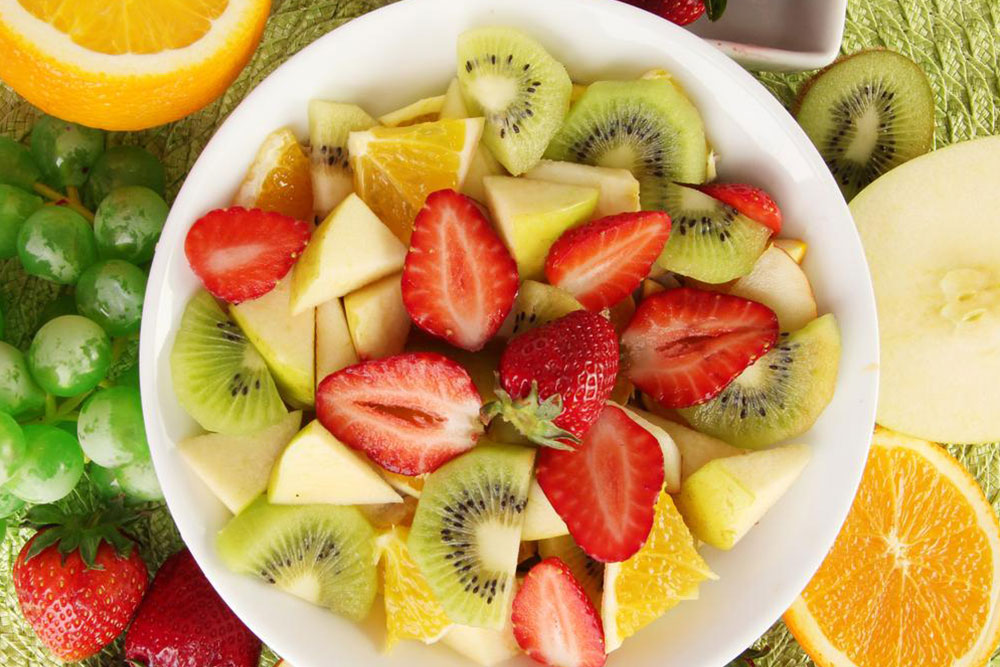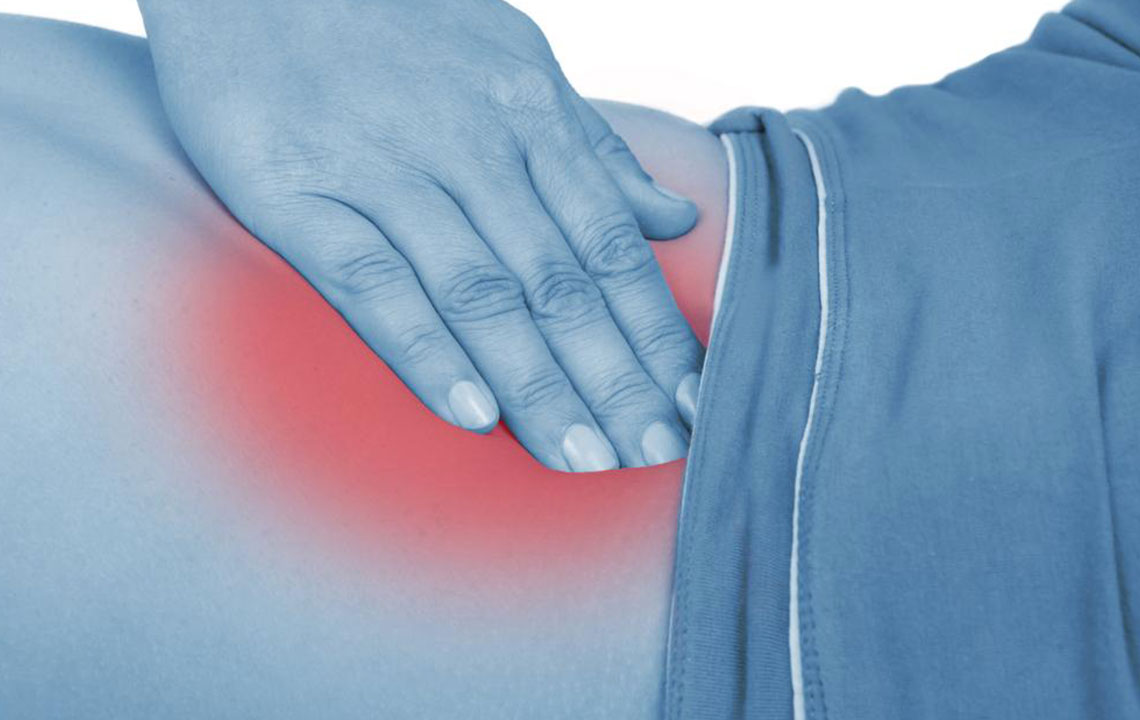Diet Tips for Managing Diarrhea Symptoms
This article provides comprehensive dietary advice for managing diarrhea, highlighting foods to eat and avoid, along with home remedies to alleviate symptoms. It emphasizes hydration, gentle foods, and avoiding irritants to promote recovery effectively. Ideal for anyone experiencing diarrhea looking for practical nutritional tips and remedies to ease discomfort and support healing.

Diet Tips for Managing Diarrhea Symptoms
What to eat during a bout of diarrhea
Diarrhea, characterized by frequent, watery stool, is a common issue that usually lasts a few days. Often, over-the-counter remedies provide quick relief from discomfort.
The causes of diarrhea vary, including food intolerance, infections, medication side effects, or stress. Serious health conditions can also be underlying factors. Regardless of the cause, diet plays a crucial role in recovery. Certain foods should be avoided while others can help soothe symptoms and promote healing.
Monitoring your diet during diarrhea is essential. Choosing the right foods can reduce symptoms, while some foods may worsen the condition. Here are dietary recommendations for managing diarrhea effectively.
Foods that help alleviate diarrhea include:
White bread – Low in fiber, white bread is gentle on the stomach and suitable during diarrhea episodes.
Honey – Combining honey with boiled water aids in rehydration and can ease intestinal discomfort.
Peppermint tea – Acts as a natural rehydrant and soothes the digestive tract.
Bananas – Rich in easily digestible carbohydrates, bananas minimize digestive strain.
Broth – Consuming clear broth helps maintain hydration levels.
Cooked eggs – Prepared without butter or oil, eggs support recovery by being easy to digest.
Potatoes – Mashed potatoes are gentle on the stomach and supply potassium.
Foods that can trigger or worsen diarrhea include:
FODMAP-rich foods – These include beans, garlic, onions, which can ferment in the gut and cause diarrhea.
Lactose-containing products – Milk, cheese, and yogurt may lead to symptoms in lactose intolerant individuals.
Caffeine – Found in coffee, tea, chocolates, and certain sodas, caffeine can stimulate bowel movements.
High-fat and spicy foods – Fry foods and heavily spiced dishes can irritate the digestive system.
Sugar-laden foods – Excessive fructose in candies and sweets may cause diarrhea.
Foods to avoid during diarrhea include:
Dairy products – Milk, cheese, and similar products should be limited or avoided.
Fast foods – Greasy, fried, and processed foods can intensify symptoms.
Artificial sweeteners – These may act as laxatives, so avoid sugar substitutes like diet sodas and sugar-free candies.
Gas-producing foods – Beans, cabbage, broccoli, and dried fruits can increase intestinal gas.
Alcoholic and carbonated drinks – These can irritate the digestive system further.
Foods suitable for consumption during diarrhea include:
Bread, rice, applesauce, and toast (BRAT diet)
Clear fruit juices without pulp
Cooked vegetables without skins
Cereals and refined grains
Chicken rice soup
Unsalted crackers
Home remedies to ease diarrhea symptoms:
Apple cider vinegar – Contains antibacterial properties that soothe the stomach.
Oatmeal – Rich in soluble fiber, aiding in recovery.
Ginger – Helps reduce cramps and restore intestinal health.
Rice water – Boiled rice water is effective in rehydration.










